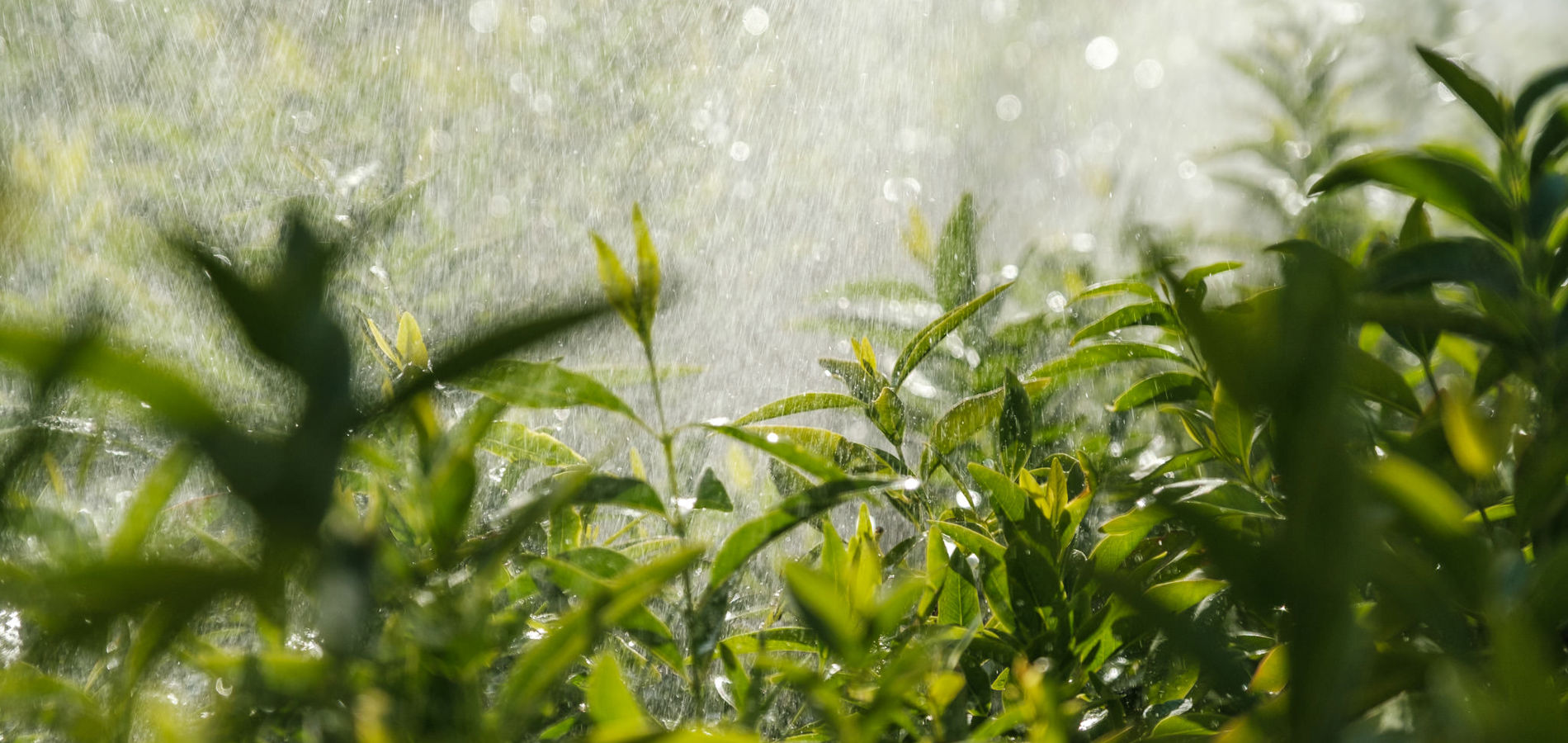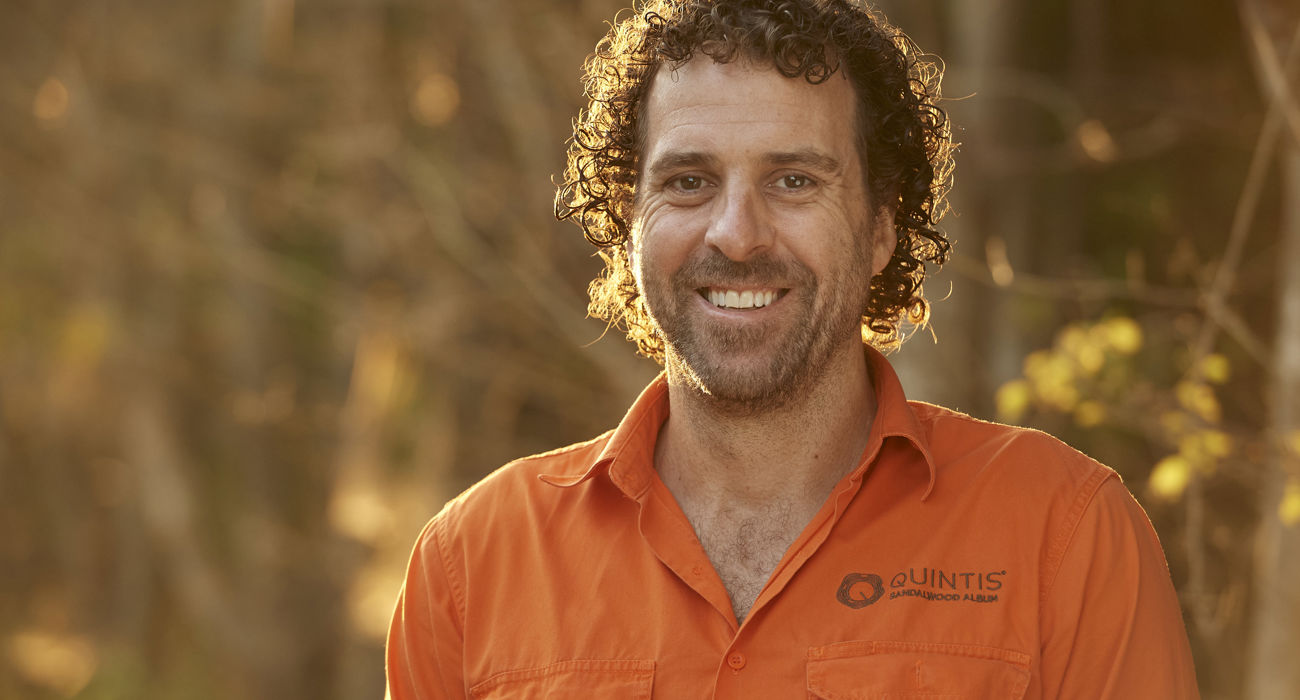Why do you think it's important for Quintis to grow Indian sandalwood?
Sandalwood is deeply ingrained in the culture, traditions and religions of millions, if not billions, of people worldwide. Walking through any Asian market, you can see how important and connected people remain to forest-derived products, particularly for medicine, healing and religious purposes. This relationship dates back thousands of years and speaks of times when communities experienced a close symbiosis with their environment and forests. Throughout time Indian Sandalwood has been recognised as the premier of all forest products.
As highly populated economies throughout Asia develop, the demand for high-value products increases. The customary practice of sustainable harvesting from native forests that has occurred for thousands of years, if not managed carefully, quickly becomes overwhelmed and unsustainable. Like so many iconic species, such as the African elephant hunted in the wild for its ivory, there is a risk that Indian sandalwood may one day be extinct in its natural habitat.
We eleviate this pressure. Established at a scale to meet the population's growing demand, we can supply sustainable and ethically sourced Indian sandalwood. We are important to the survival of Indian sandalwood and our ongoing connection with one of the most culturally important and valuable forest products.
What distinguishes the quality of our sandalwood from others?
We have achieved international recognition certifying the sustainability of our sandalwood. Our customers can be assured that we provide ethically sourced, socially and environmentally conscious sandalwood.
Like any fine natural product, sandalwood reflects the quality and nature of its landscape. Our sandalwood is grown in the remote north of Australia in an environment far less exposed to the toxins and contaminants commonly associated with resources sourced from more highly populated areas.
At my heart, I am passionate about meaningful and sustainable forest management.
Troy Sawyer,
Quintis Head Forester
Where do you see sandalwood in the future?
As the economies of developing countries grow they will become increasingly disconnected from the environment. The demand for the value of natural products like sandalwood that reconnect us with thousands of years of culture and tradition using sustainable forest products will also grow. I believe valued, well-managed and sustainable sources of premium natural products will endure.
What do you love about your role at Quintis/can you share any career highlights?
My highlight from my time with Quintis was being the project leader on the new establishment program. This challenging project saw us re-start our establishment program for the first time in 5 years. The project needed us to re-discover and dust off so much knowledge and establishment techniques. Although there were elements of the project we could have improved, I always take great satisfaction in being part of an establishing program and replanting forests for our future communities to benefit.
When you're not working, how do you relax/unwind/have fun?
Living in the Kimberley, our lives are filled with boating, camping and fishing. More recently, though, my daughter has begun playing the bass guitar, so I have also started to learn the guitar so we can play together one day (when I am good enough). On this subject, did you know that one of the host trees we use in sandalwood plantations, Dalbergia latifolia, commonly known as Indian Rosewood is also a valuable timber with a wide variety of uses, one of which is for making musical instruments? Maybe one day, I will play a guitar made from the timbers sourced from one of our plantations.

